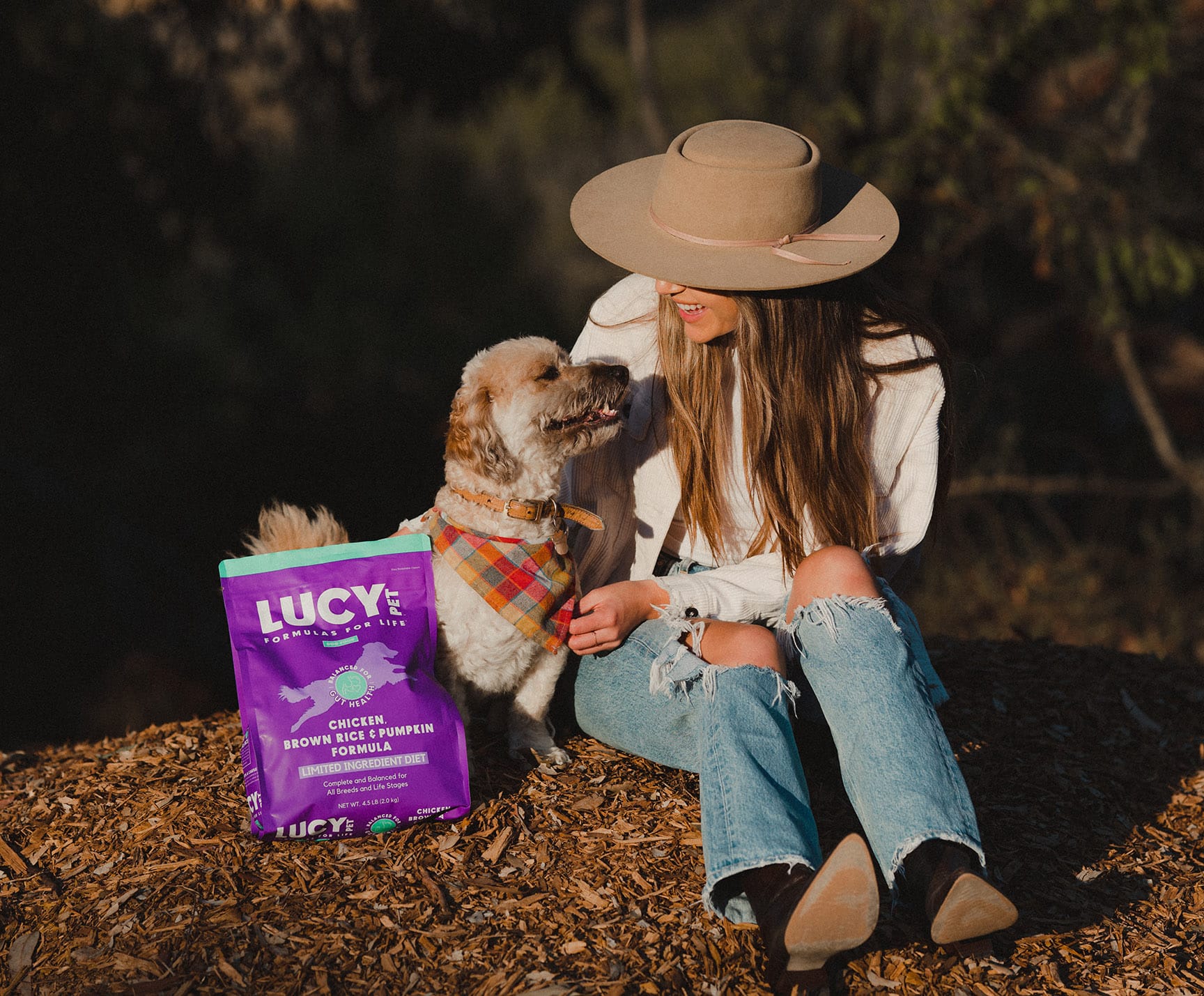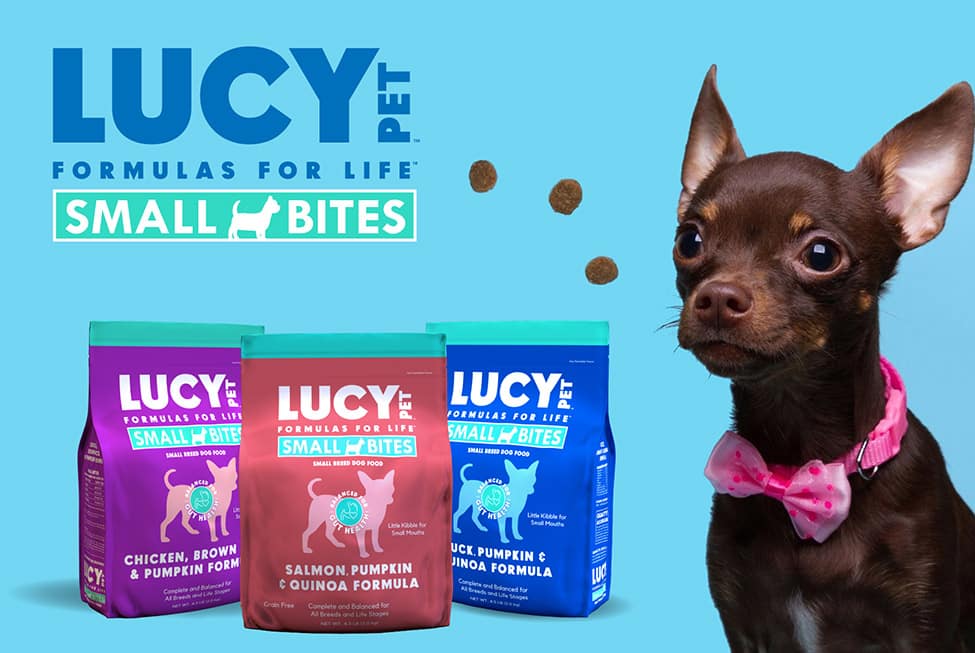DCM, Heart Health and Grain Free Diets in the News
June 30, 2019
Recent reports by the FDA and the news media have raised concerns about some dogs that developed Dilated Cardiomyopathy (DCM), a disease of the heart muscle. Typically, it is a genetic condition in certain large breed dogs; however, there have been reports of some dogs who are not known to be genetically predisposed to DCM who have developed DCM. There have been discussions as to whether or not there is a relationship between dogs who develop DCM and the foods they were eating. The FDA’s latest data indicated that most reports were for dry dog food formulations, but also included raw food, semi-moist food, and wet foods as well. While most of the dogs were eating grain-free diets (the majority of pet foods being purchased today are grain-free diets) there also are incidences where dogs were eating diets with grain. For these and other reasons, there is no conclusive direct correlation between DCM and a food merely being grain-free.
None of Lucy Pet’s diets have been involved in the reports on heart health issues (DCM). Since DCM is a heart health condition, all Lucy Pet formulas have always been supplemented with additional levels of taurine and L-carnitine (amino acids that help support heart health). Our president and founder, Joey Herrick, led the pet food industry 30 years ago at his previous pet food company when he was the first person in the commercial pet food sector to add taurine to dogs. Since dogs naturally produce taurine, it is not required to be added to dog food. However, 30 years ago, Joey decided to add taurine to dog foods. This decision was based on research from Joey’s nutritionist, Dr. Edith Van Marthens, who was concerned that when some dogs are stressed (and even her own Dobermans who were genetically prone to DCM), they did not have enough taurine for optimal health. Joey always has added taurine to dog foods long before any other company had even thought about it. Today at Lucy Pet, we always have added both taurine and L-carnitine for health.
Unrelated to the DCM matter, there also is a class action lawsuit pending that identifies 13 pet food brands for misleading consumers about their ingredients or formulas. Interestingly, 8 out of the 13 brands identified in the upcoming class action lawsuit also are involved in the FDA report of 16 brands associated with the DCM issue in dogs.
Lucy Pet is not on either list. Why? Lucy Pet food formulas have been developed by two top nutritionists in the industry with over 70 years’ experience collectively in dog and cat nutrition. What is critical is the knowledge and experience of how ingredients interact with other nutrients when cooked, and especially when digested.
To make pet foods properly requires extensive knowledge not only of how nutrients react when cooked, or how bioavailable they are when digested, but also how those nutrients affect a pet’s gut health. Strong knowledge of animal physiology and digestion also is necessary. Every single dietary ingredient matters. Each ingredient is part of a very precise dietary matrix used to meet the nutrient requirements of the animal. Too much of one ingredient could cause an imbalance. Ingredients have unique nutrient profiles that must be considered and factored properly. Ingredients such as peas, lentils, chickpeas, potatoes and sweet potatoes are considered healthful ingredients as part of a pet food recipe. An experienced nutritionist understands how the ingredients, in total, will perform to support the animal’s health.
Our founder, Joey Herrick, has over 30 years’ experience in pet food and purchases our ingredients from suppliers who have proven themselves as honest and trustworthy throughout the years.
At Lucy Pet, our formulas are not only developed by the best of the best nutritionists in the industry, they are reviewed again by an additional independent Ph.D. nutritionist. These extra checks and balances ensure our team provides expertly balanced formulas to ensure health of the dog or cat.





Leave A Comment
You must be logged in to post a comment.